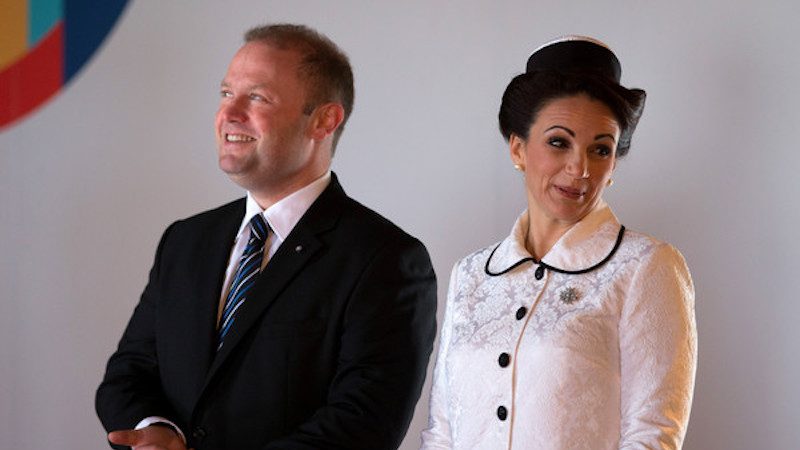Not so long ago, Labour supporters were the victims of unabashed classism and elitism and for a long stretch of time this class divide partly ran on the very same lines of the political divide in Malta.
We were led to believe that this is the natural order and murdered journalist Daphne Caruana Galizia often revelled in outlining this presumed class divide between PN and Labour supporters.
During the Nationalist Party’s heyday in the 90s and noughties, many Labour supporters were subjected to revolting classism. I remember Labour supporting students at University being almost ashamed of their political allegiance and for many years it was very uncool to be associated with Labour on campus.
I don’t remember what it was like to be the daughter or son of PN voters when Dom Mintoff was the king of the castle but when I was growing up in the late 80s and 90s I remember students in private and church schools being bullied or marginalised simply because their parents voted Labour.
But then came Joseph Muscat and his aspirational politics. Labourites had suffered for too long and they wanted to reverse the snobbery. All of a sudden it was no longer cool to support the PN and Labour started making significant inroads in the middle class and traditionally Nationalist strongholds such as the University of Malta.
In 2008, former Labour leader Alfred Sant was roundly booed at the pre-election University debate. A mere five years later, Muscat was given a heroes welcome as the electoral tide was clearly turning.
Despite the clear evidence that classism was, and still is, rife in Malta as it is elsewhere I always thought that it went beyond the Red-Blue divide.
In truth both parties had supporters who would be classified as ‘hamalli’ by the country’s bourgeoisie and elite.
But the overlapping class and political divisions resulted from the fact that in the eyes of many, the pre-Muscat Labour Party was inward looking, anti-EU, amateurish, suffered from an inferiority complex and admittedly had no grand vision for the country. Therefore by historical coincidence, Labour voters were equally inferior in the eyes of many.
Then after Muscat’s election as Labour leader in 2008 the tables turned. The middle class grew and a good chunk of the bourgeoisie and the ‘tal-pepe’ crowd no longer looked down on Labour.
Indeed in 2013, Labour ran the cringeworthy ‘Courage to Vote’ ad in which an English-speaking daughter tells her perturbed middle-class mum that she’s voting Labour. And that’s what many people stereotyped in the ad did in 2013 and subsequent elections.
Labour is no longer the ‘partit tal-hamalli’ and the PN is nobody’s party nowadays. But Labour, or at least some of its leading figures such as Joseph Muscat’s wife Michelle, still play the classist card as though it is still 1998.
Past classism and prejudice cannot be erased from history but Labour cannot play the victim when it holds power also thanks to large swathes of the very same ‘tal-pepe’ crowd who nowadays vote for the party they loved to deride.
Elitism is alive and kicking but nowadays we’re also witnessing the triumph of reverse snobbery.
We’re not far off from having PN voters derided for being associated with was is effectively becoming an antediluvian party. But what really gets to me is that whoever refuses to be part of the reshaped hegemony, whoever refuses to endorse Labour’s vision, whoever chooses to base opinions on research and facts rather than what we are told to believe is written off as a classist anti-Labour prick.
Whoever asks too many questions or is too critical of the status quo is quickly told to shut up and get on with it. Whoever has a different opinion from the majority is often marginalised and classified as an idealist.
Unfortunately the past victims of classism did absolutely nothing to root out the prejudice and are instead perpetuating a new kind of reverse snobbery.
And I find anti-intellectual snobbery just as repulsive and arrogant as denigrating those who aren’t ‘smart’ or those belonging to an ‘inferior’ class, gender or ethnicity.













